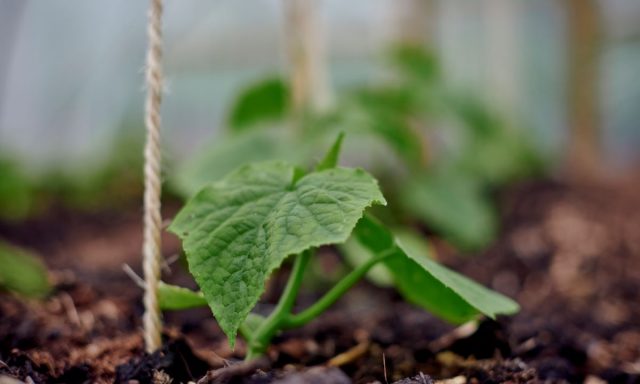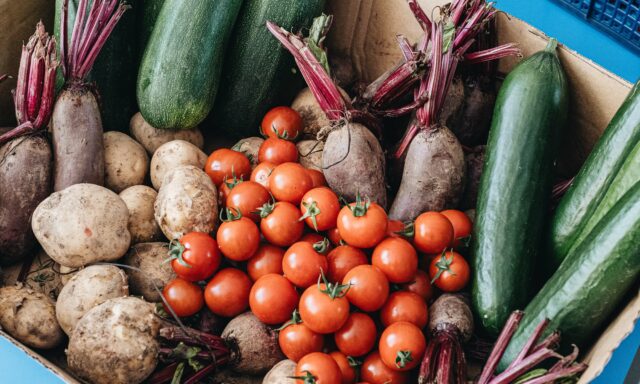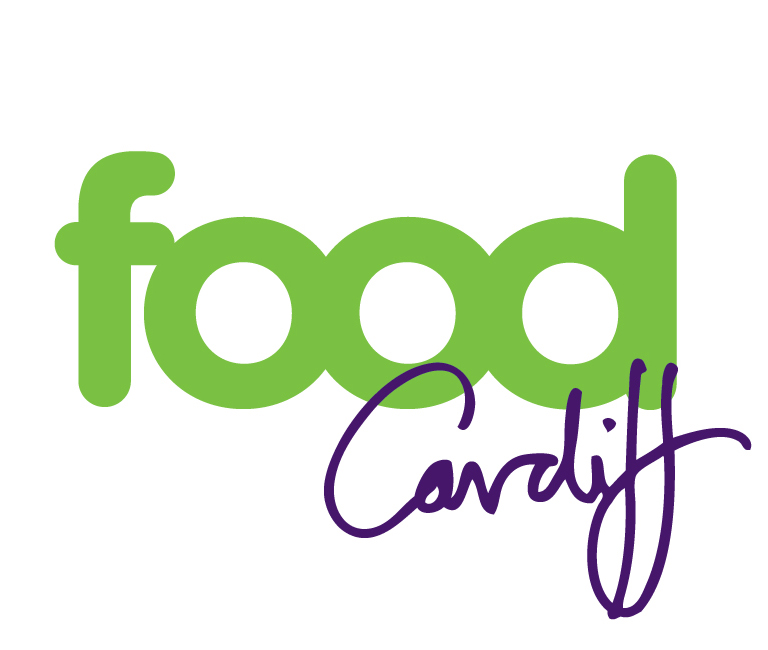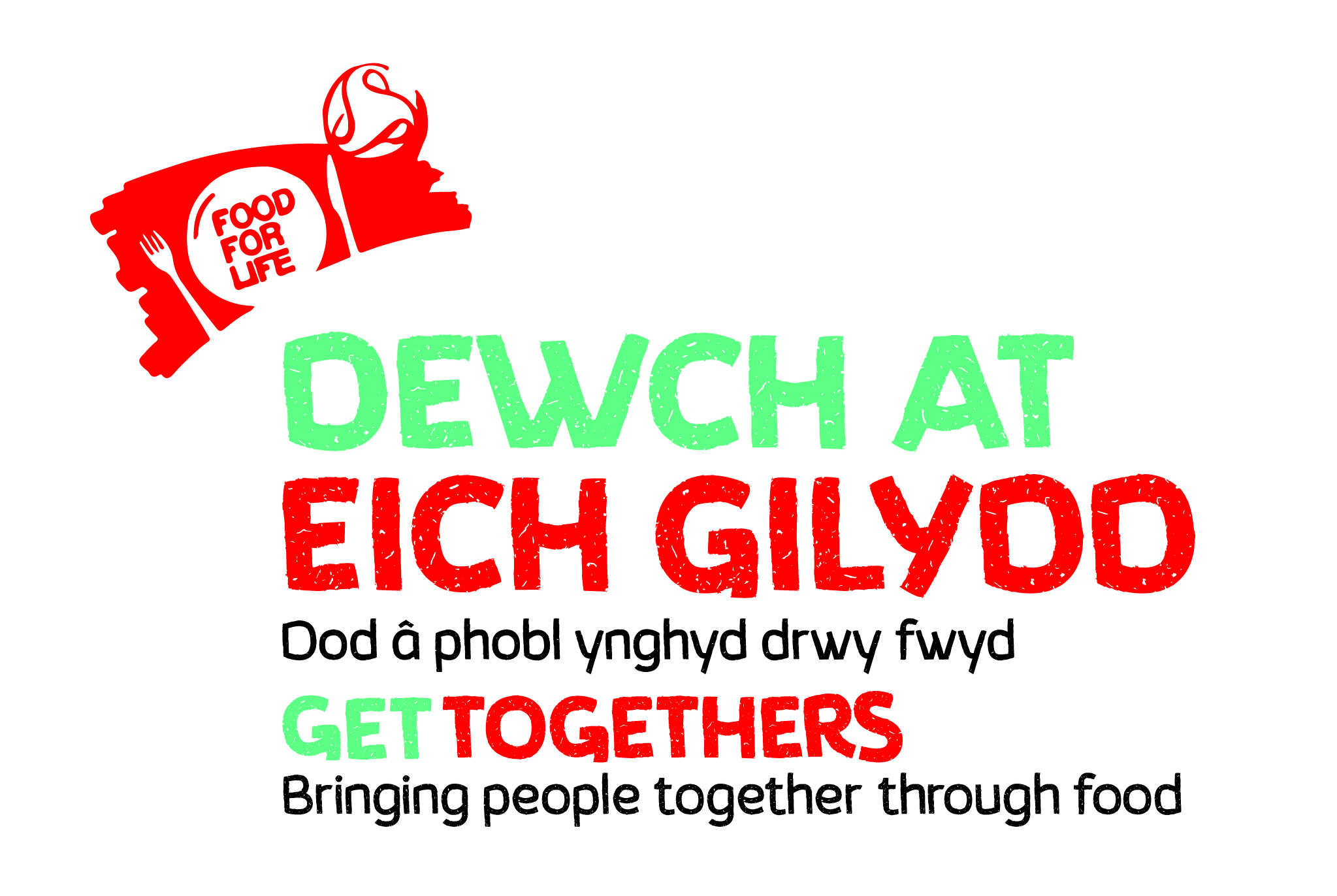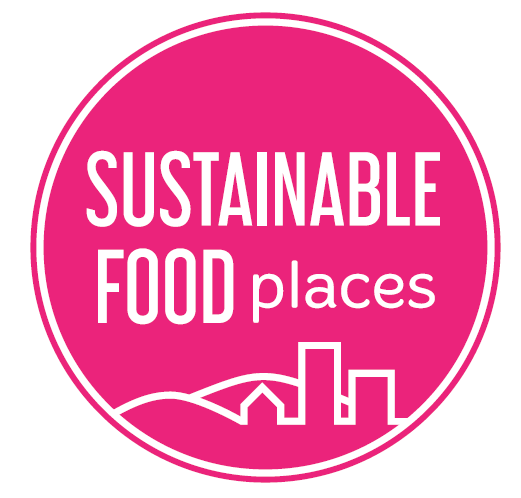Food in Schools?
With the standard of school food in the news yet again last week, Katie Palmer from Food Sense Wales reflects on the challenges facing those working with food in schools.
Food in schools has been high on the news agenda recently with a head teacher in England calling out the quality of the school meals provided by a private catering company contracted into the school.
Over the past few weeks, Food Sense Wales has been immersed in thinking about food in schools through projects such as the Leekit, Welsh Veg in Schools and the Food Hour – and I’ve done much thinking about the food children are eating in schools: where it comes from, and what children are learning about food. How a child experiences food in school will influence their choices into their adult lives, so we have a duty to get food in schools right.
Wales is a small country and our children have benefited hugely from a public service that, in the main, provides school meals directly to learners through local authority caterers. This is different to England where catering is more likely to be provided by a private contractor.
As we all know, there will always be room for improvement, but the provision is within the gift of the local authority, and not private businesses or interests – this is a key point, as so much of our food system is controlled by large corporations. The fact that the catering services in Wales are mostly ‘in house’, enables innovation and collaboration in a meaningful way that would not be possible if the service was privatised, broken up and fragmented. It also allows us to help the wider Welsh economy, by supporting local wholesalers and suppliers.
We have seen how vital this service is with the development of the breakfast scheme; we’ve seen its central role in developing and delivering the multi award-winning Food and Fun programme, and have seen the crucial part the service has played in the roll out of Universal Primary Free School Meals. Local authority catering managers across local authorities have been collaborating, supporting and learning from each other. Much of the innovation currently happening, such as the Welsh Veg in Schools project where five local authority areas are supporting work on developing horticulture supply chains into schools, just wouldn’t be possible in a fragmented service with vested interests.
But the increasing pressures on local authorities and schools are making those working in the system anxious. And they have reason to be concerned. Supply chains are getting trickier, budgets are getting tighter, and the need for children to have a happy, nourishing lunchtime is greater than ever. There are so many stakeholders and experts involved in the school food ecosystem that waters can become muddied and it’s getting more and more difficult for people to see what is really needed – and in my view – that would be an adequately resourced and monitored local authority catering service that empowers and enables catering managers and kitchen staff to take pride in the food they serve their children. In turn this will enable young people to take joy from their school meal, enrich their learning and help to create good for citizens for the future.
About Katie Palmer
Katie Palmer is Programme Manager for Food Sense Wales. Katie has an MSc in Nutrition from Kings College London and in Food Policy from City University. She has worked in the world of food for over 20 years with experience in both the private sector, and third and public sector (including six years on Food Standards Agency’s Welsh Food Advisory Committee and Welsh Government’s Food and Drink Industry Board). Katie is a founding member of the Veg Power Board as well as being one of the founding members of Food Policy Alliance Cymru. She also sits on the WLGA’s School Holiday Enrichment Programme Advisory Group and was one of the team of four who created the multi award winning Food and Fun programme in Cardiff in 2015. Most recently she has been elected as a member of the Conscious Food Systems Inner Council supporting a movement of food, agriculture, and consciousness practitioners, convened by UNDP, and united around a common goal: to support people from across food and agriculture systems to cultivate the inner capacities that activate systemic change and regeneration.


